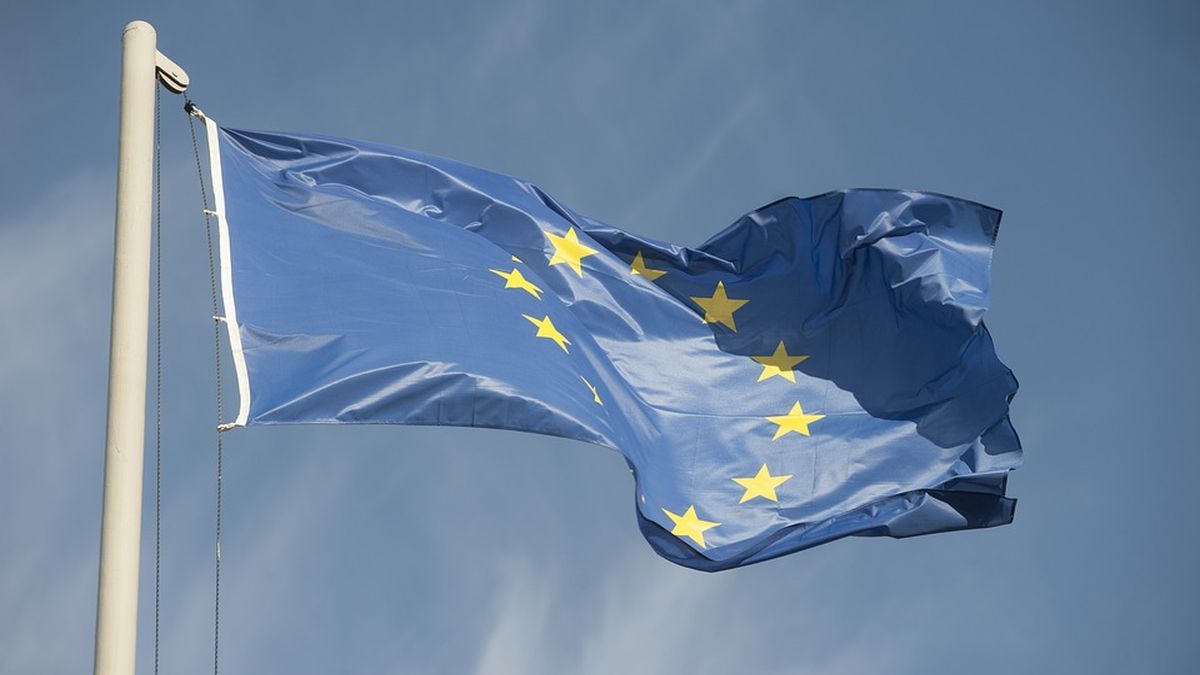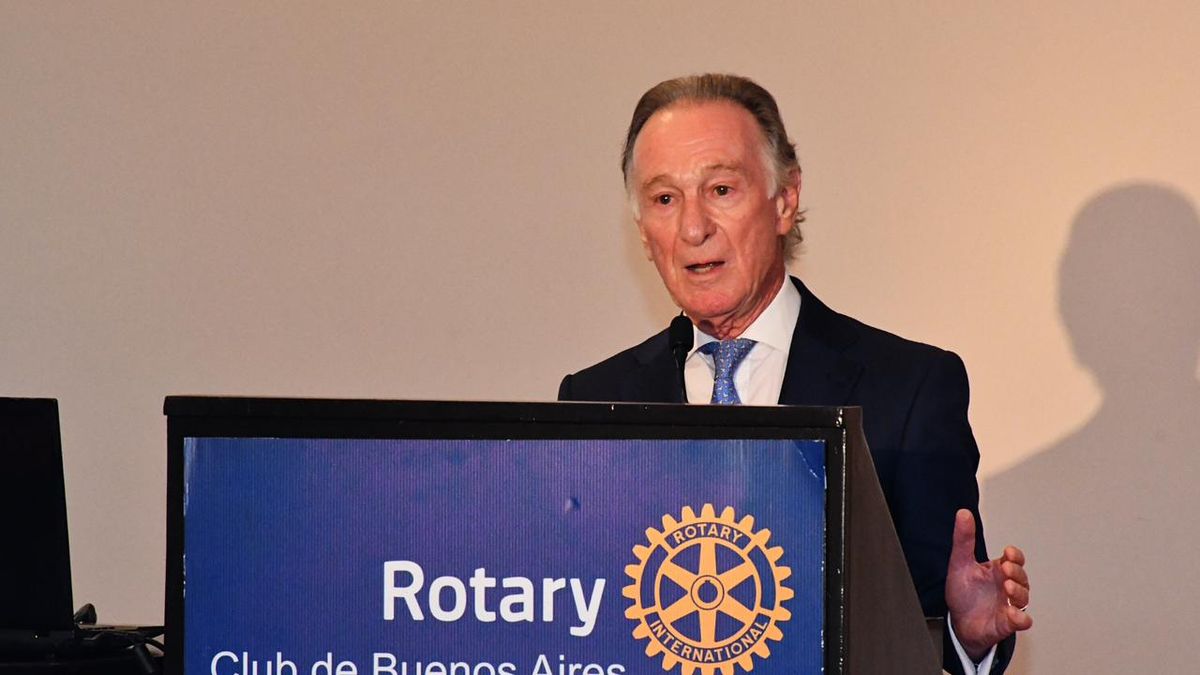European Union
According to the official, sanctions will be approved in writing by the Council of the EUonce they receive the approval of the permanent representatives of the member countries of the Union.
It was previously reported that the new package of sanctions, in addition to restrictions on individualswill include cease exports to Russia luxury goods, investment in the energy sector and other measures in the metal industryas reproduced by the Sputnik agency.
European Union.jpg

The sanctions included partial disconnection of Russia from the SWIFT financial systemthe immobilization of the international reserves of its central bank and -in the case of countries such as the United States, Canada, the United Kingdom and Australia- the oil import embargo of that country. Meanwhile, dozens of companies announced since the end of February the decision to suspend its business in and with Russia.
For its part, the government of that country added dozens of new names to the list of “unfriendly countries”. And, to transact those domestic companies, Russian entities will have to request approval of the government commission for the foreign investment control.
United States and European Union.jpg
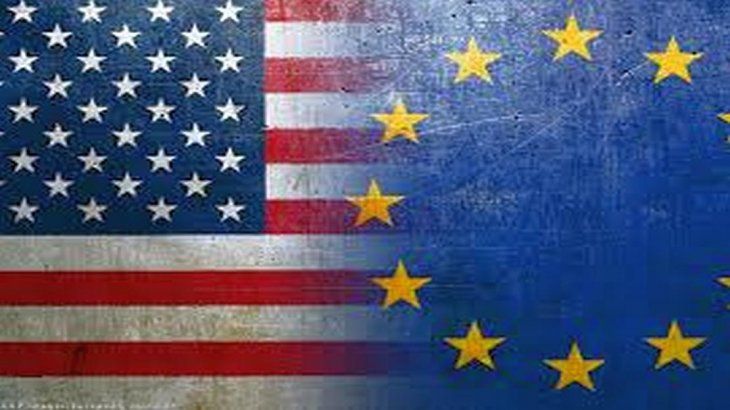
United States and the European Union.
Currently listed Australia, Canada, South Korea, USA, Iceland, Japan, Monaco, Montenegro, Norway, New Zealand, San Marino, Singapore, Switzerland, Taiwan, the 27 members of the European Union and Ukraine.
According to the Castellum.AI database, Russia is currently the most sanctioned country in the world, ahead of Iran, Syria and North Korea. Since, since the middle of last February, more than 3,600 new restrictive measures were activated.
Putin.jpg

Russian President Vladimir Putin.
Courtesy: Keighley news
Russia and Western countries
Russia accused Western countries of trying to provoke an artificial default with economic sanctions that freeze their assets abroad. “Statements according to which Russia cannot meet its obligations regarding its public debt do not correspond to reality“said the Russian Finance Ministry.
Along the same lines, he assured that “The freezing of foreign currency accounts of the Bank of Russia and the government can be considered as the desire of foreign countries to provoke an artificial default”.
CENTRAL BANK RUSSIA.png
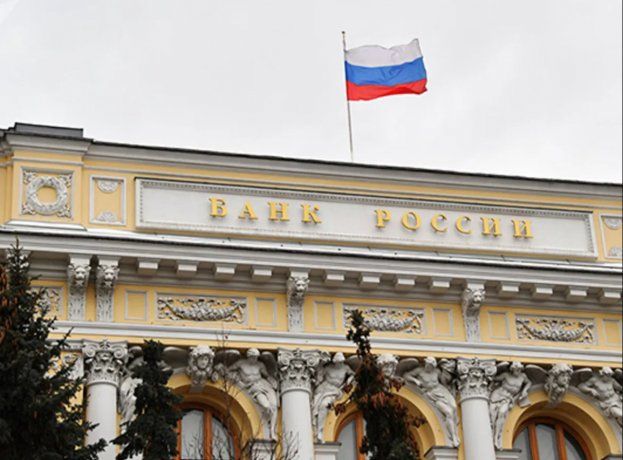
Russia is facing various foreign currency debt payments due as of March 16 and also in April. Meanwhile, the recently imposed sanctions provoked a sharp devaluation of the ruble against the dollarof the order of 40%.
Eurobonds issued since 2018 can be redeemed in rubles, but it is not the case of the first expiry scheduled for this Wednesday consisting of a US$117 million reimbursementthey specified from the international agency.
“This is a unique situation where the party imposing the sanctions will decide the Russian default in 2022”admitted Elina Ribakovadeputy chief economist at the International Institute of Finance (IIF).
ruble.jpg
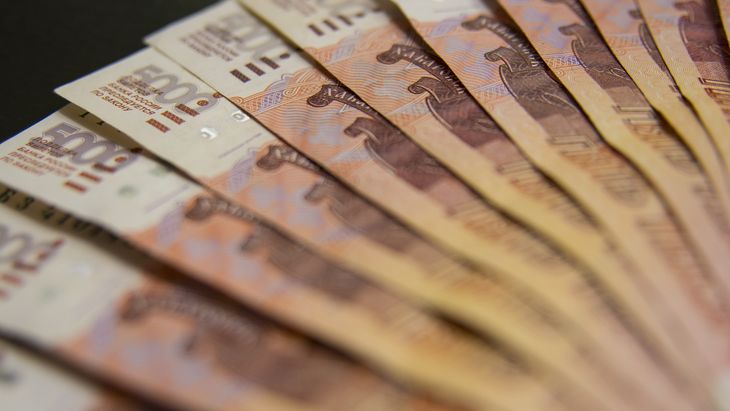
In that same sense, the managing director of the International Monetary Fund (IMF), also referred to the issue, Kristalina Georgievin an interview with CBS: “Russia has the money to pay its debt, but it does not have access to it. What worries me the most is that there will be consequences beyond Ukraine and Russia”.
Source: Ambito
David William is a talented author who has made a name for himself in the world of writing. He is a professional author who writes on a wide range of topics, from general interest to opinion news. David is currently working as a writer at 24 hours worlds where he brings his unique perspective and in-depth research to his articles, making them both informative and engaging.

